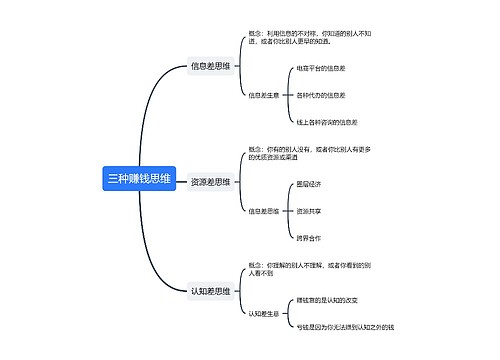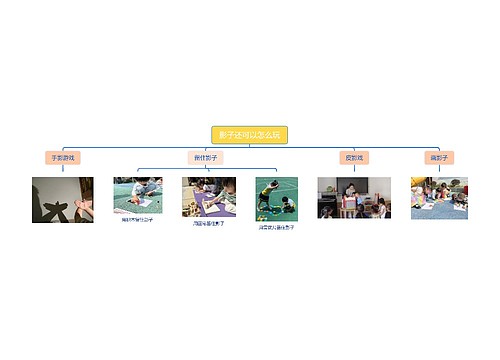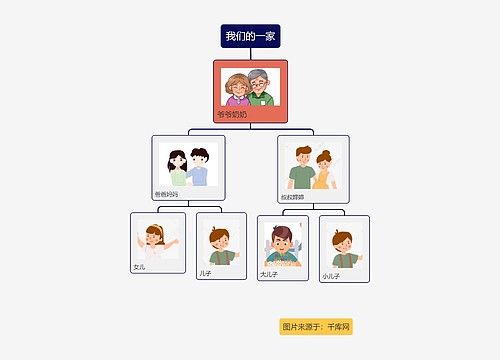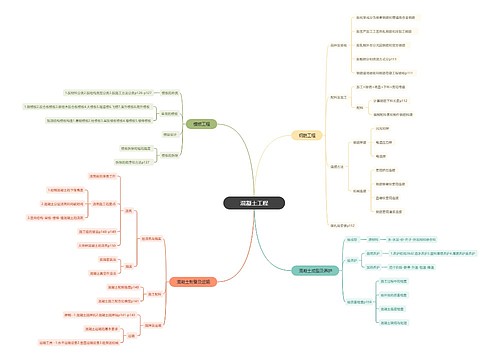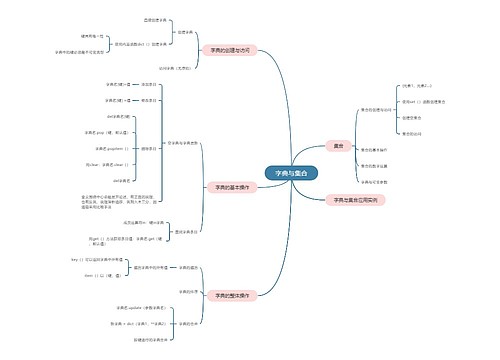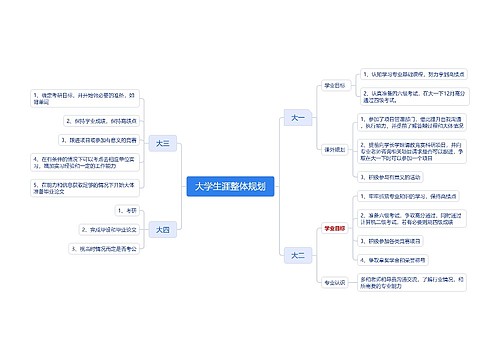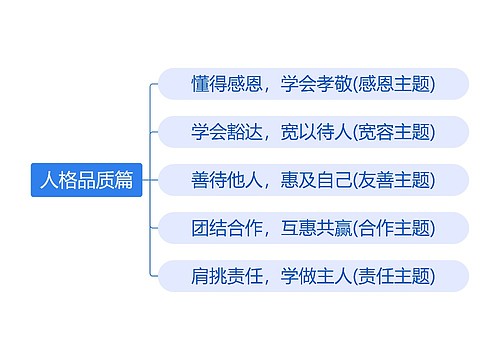Background of the 18th Century in England(Comparatively peaceful development)
A constitutional monarchy
The Parliament and the cabinet
Industrial Revolution, which influenced the way of social life.
③In rural England(Unbearable conditions of life, numerous uprisings)
The landless peasants-Workers in cities
New industrial proletariat
An intellectual movement, the expression of struggle of the progressive bourgeoisie against feudalism.
The Enlighteners fought against class inequality, stagnation,prejudice and other survivals of feudalism.
Called on the development of science and technology and freedom of politics and academic thinking, believing reason should be the only basis of one’s thinking and action.
Believed in the power of reason. 18th-century “the Age of Reason” . Criticized different aspects of contemporary England according to a more reasonable principle.
Believed that social problems could be solved by human intelligence.
The literature of the Enlightenment mainly appealed to the middle class readers.
Originated in France in 17th century.
The classicists modeled themselves on Greek and Latin authors.
They emphasized reason rather than emotion, form rather than content.
As reason was stressed, most of the writings of the age were didactic and satirical.
①It refers to the revival of the attitudes and styles of expression of classical literature.
②Neoclassicism marked a return to order, proportion, restraint, logic, accuracy, and decorum.
Pre-romanticism (Gothic novels)
①A direct reaction against rationalism
②A ready sympathy and an inward pain for the misery of others
③Started by Samuel Richardson’s Pamela and Clarissa
④Represented in Thomas Gray’s “An Elegy Written in a Country Churchyard”
①The term“Gothic”derived from the frequent setting of the tales in the ruined, moss-coveredcastles of the Middle Ages.
②It emphasized the irrational and dark side of human nature.
③1st book: Horace Walpole’s The Castle of Otranto .
3、Literature in the Period
①The predominance of neoclassical poetry and prose from the last decades of the 17th century to the early decades of the 18th century.
②The rise and flourish of modern realistic novel in the middle years of the 18th century.
③The appearance of Gothic novel , the sentimental and pre-romantic poetry and fiction in the last few decades of the 18th century.
①A pioneer novelist of England
②A true representative of the Enlightenment & Neoclassicism in literature
③The father of free trade
④The father of modern journalism
⑤Enormous vitality,humanity,and a scheming and sometimes sneaky ingenuity.
①He never went to any university but received good education.
②Traveled in Spain, Italy, France and German as a merchant.
③Went bankrupt and debt turned him towards writing.
④Started writing novels in his later years.
⑤1704--1714 worked for The Tory Party.
⑥After 1714 worked for the Whig Party.(a fence-sitter)
①Pioneer of novels: Before his time, stories were usually written as long poems or dramas.
②Reality: The sense of reality and the lifelikeness of the characters, achieved by the insistence on detail.
③Plain Language: Ordinary language of the ordinary people—smooth, easy, free, and very plain.
④Diverse experiences : Different countries and in many walks of life.
4、Characters can be portrayed:
④Revealed by what others say about him, and the way in which they react to him.
①The first English novel.
②Defoe’s masterpiece, published when he is almost 60 Epistolary, confessional, and didactic in form.
③A fictional autobiography of the title character.
④Defoe embellished the real story about a sailor with his own imagination.
⑤It is one of the four great myths of Western civilization.
Robinson run away from home → become a sailor → a planter in Brazil → to an uninhabited island because of shipwreck → made a living there all by himself→ save a negro named Friday who became his servant (negro-slavery)→ back to England → visit the remote island again and Friday was killed.
①In the novel, the author eulogizes labour and man’s indefatigable efforts to conquer nature.
②Meanwhile, he beautifies colonialism.
③Reflects the aggressive and brave image of the rising English bourgeoisie.
⑤Affirm the power of human, especially the force of reason.
⑥Happiness: I had nothing to covet, for I had all that I was now capable of enjoying.
4、Colonialism is embodied
③Change to a loyal servant
The colonisers are superior to the indigenous population (natives).
The social structure, government, and economics of the colony are changed by colonists in pursuit of interests.
③Exploitation of the resources of the colony for trade or for expansion.
④Cultural dependence of the colony to the metropole.
⑤Conolists: Portuguese Empire, Spanish Empire, British Empire, French colonial empire and the Dutch Empire, etc.

 U550907133
U550907133
 U540659344
U540659344

